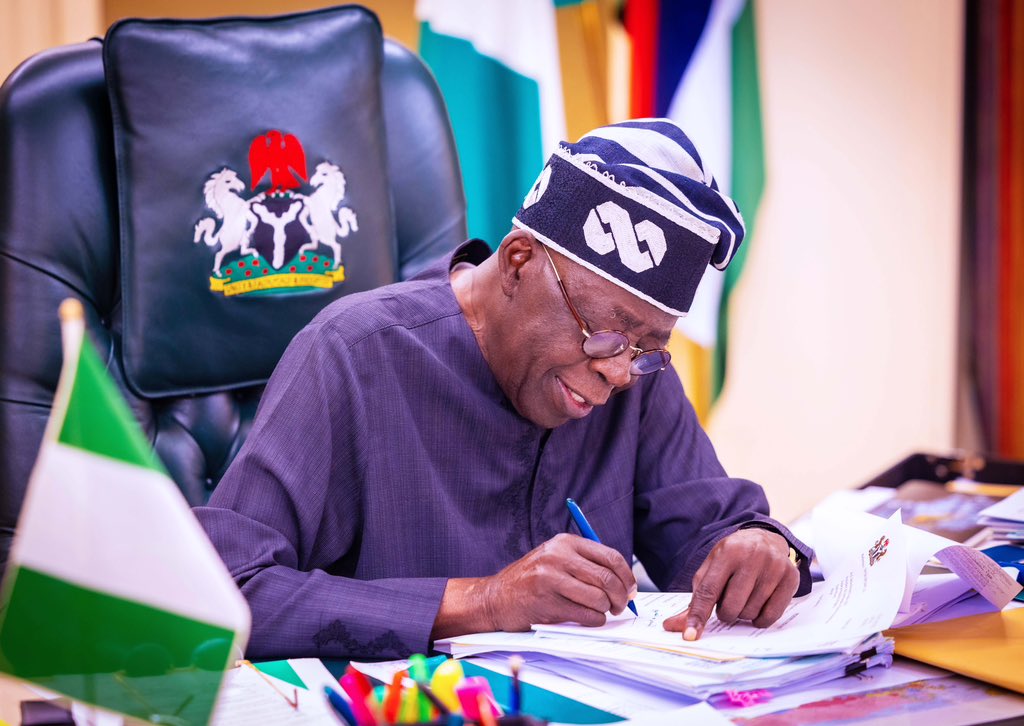The Nigerian Export Promotion Council (NEPC) has reported that exporters earned ₦2.7 billion between January and June 2024. This figure underscores the dedication and effort of non-oil exporters across the country.
Nonye Ayeni, NEPC’s Executive Director, shared this update at a one-day sensitisation seminar on export contracts and International Commercial Terms (INCOTERMS), held in Owerri on Thursday. Ayeni, represented by Mr. Anthony Ajuruchi, the NEPC Coordinator in Imo State, highlighted the importance of INCOTERMS in facilitating successful global trade transactions and enhancing product competitiveness.
"Understanding INCOTERMS is crucial for international trade," Ayeni said. "These standardized rules help buyers and sellers manage their responsibilities and liabilities, reducing the risk of misunderstandings and disputes."
She emphasized that the workshop aimed to equip exporters with the essential knowledge to navigate global markets effectively. Ayeni also stressed that, in alignment with NEPC’s mission to double exports and stimulate economic growth, negotiations should be conducted in a way that highlights the seller’s product advantages and satisfies all parties involved.
"Good negotiation ensures all parties leave satisfied," Ayeni advised. "Exporters should prepare thoroughly, establish clear ground rules, make a positive impression, and understand their clients' needs."
Eze George Ekeh, Chairman of the Imo Exporters Summit and traditional ruler of Ishi Ubommiri Autonomous Community, echoed the sentiment, underscoring the critical role of exports in Nigeria’s economic recovery. He encouraged exporters to properly package their products to attract the right buyers and secure better prices.
Mr. Uche Chikata, Managing Director of St. Ann’s Cashew Nut Industry, expressed gratitude for the seminar, noting that it would help exporters in Imo State meet their income targets for the final quarter of 2024.
In related news, Nigeria's Minister of Foreign Affairs, Yusuf Tuggar, announced a strategic shift towards exporting finished products, particularly to China. This update came via a video posted on September 6, 2024, coinciding with President Bola Tinubu’s state visit to China and the 2024 Forum on China-Africa Cooperation.
Tuggar addressed concerns about potential exploitation in Nigeria-China relations, emphasizing that Nigeria seeks to transition from exporting raw materials to focusing on finished goods. He asserted that Nigeria aims to add value, create jobs, and manufacture products for export, aligning with China’s substantial market opportunities.
“We are moving beyond being mere exporters of raw materials,” Tuggar said. “Our goal is to forge partnerships with countries like China to develop and export finished products.”
According to the Nigerian Bureau of Statistics (NBS), Nigeria exported agricultural products worth ₦572.58 billion to Asia, including China, in the first quarter of 2024. China remains Nigeria’s largest trading partner, with imports valued at ₦2,930.10 billion, accounting for 23.18% of total imports.
The data also revealed significant exports of ‘sesamum seeds’ to China and Japan, valued at ₦83.29 billion and ₦58.04 billion respectively.








